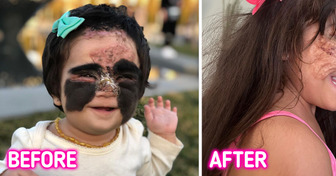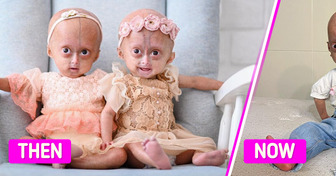Here Are the 25 Most Beautiful Women, Based on the Opinion of Ordinary People
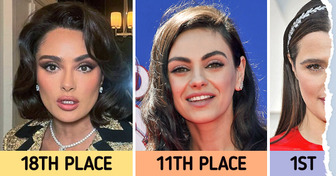
Many of us may struggle to objectively assess the environment we grew up in, and our parents’ behavior may seem perfectly normal to us. However, there are clear indicators that you may have experienced psychological abuse in childhood and grew up in a toxic environment. If you recognize these signs in yourself, it’s possible that your childhood wasn’t as idyllic as it may have appeared.
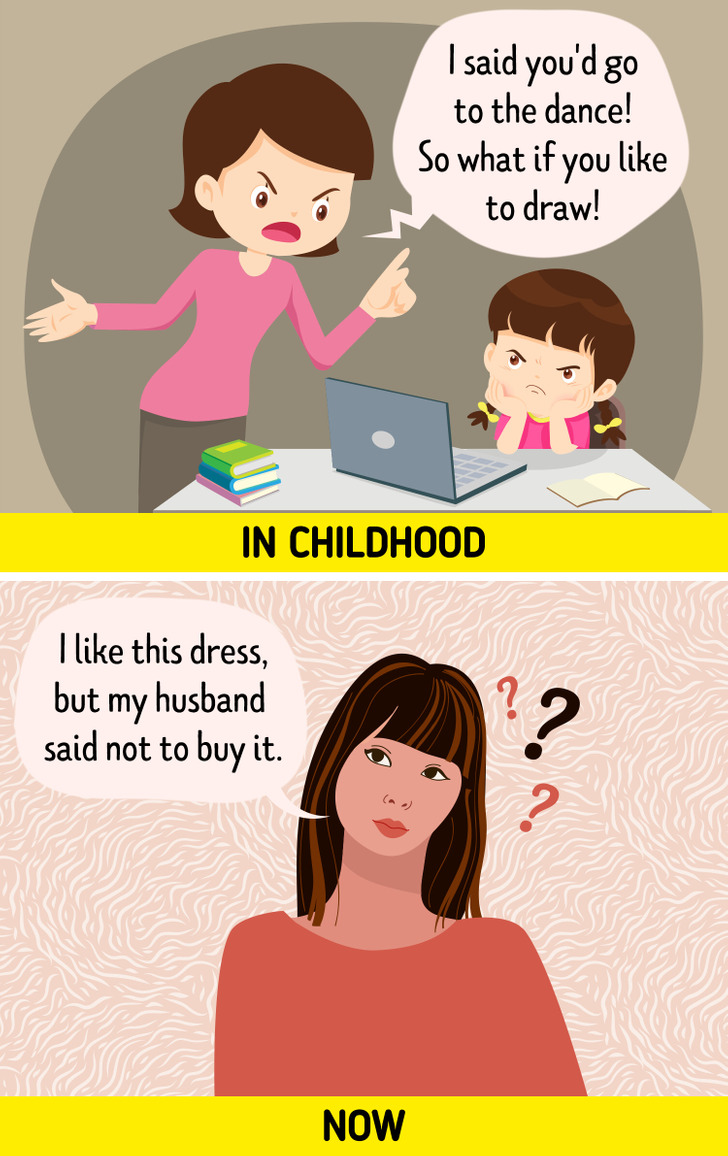
Overly caring and authoritarian parents tend to overly protect the child. Phrases like «Go away, I’ll do it myself» and «You can’t do anything, let me handle it» are constantly heard. From childhood, the child learns that they are incapable of anything, and the only correct answer is known only by the mother. Growing up, they struggle to make even simple decisions and become dependent, seeking advice for the slightest life difficulty and craving sympathy and involvement from others.

When someone gets raised in a tense atmosphere, around manipulations and other mental abuse, it leaves its mark on this person. Some parents might not have been able to provide their child with the needed support, and in another scenario someone might live in a family where they feel they always need to be on guard. Later it will become tough to shake the feeling that you constantly have to be in this state. At the end, you can develop difficulties with trusting other people and opening up to them.
Attachment problems are hard. By constantly seeing and experiencing physical and emotional abuse, mistreatment, and neglect, they form their own picture of relationships. These people might not understand what a caring and healthy connection between people looks like. They are always subconsciously waiting for everyone around them to either overreact, be demanding, blame them for something, or let them down.
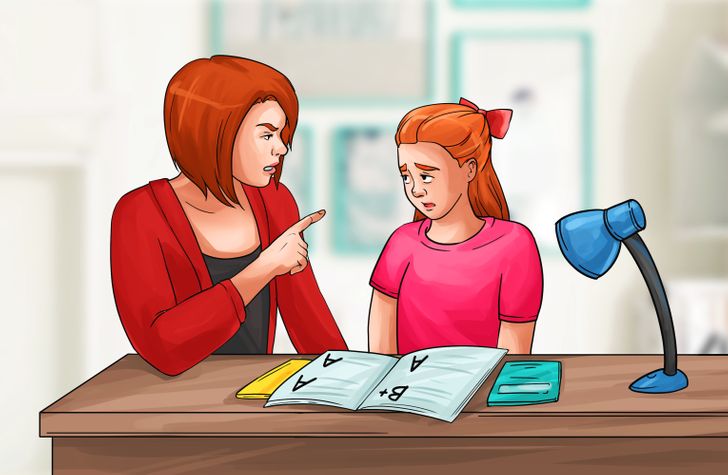
Low self-esteem, created by toxic parents, makes a child feel stupid, unworthy, and undeserving of getting something better. In anything these children do, they criticize themselves, hesitate, and have second thoughts. They have accepted that they are worse than others, which makes them mentally suffer, but they can’t change the situation, because they don’t receive the necessary mental support.

Toxic parents sometimes refuse to acknowledge their child as an adult. No matter how old a child gets, these parents might always try to treat them like a helpless infant. They want to control and command, and if they face any resistance, they will act offended to make their child feel guilty.
If a child is not allowed to make their own decisions, gets their privacy invaded, and doesn’t feel like an independent person, it can be harmful to their mental health. They can develop anxiety, be scared of starting something new, and not be able to fit into society.
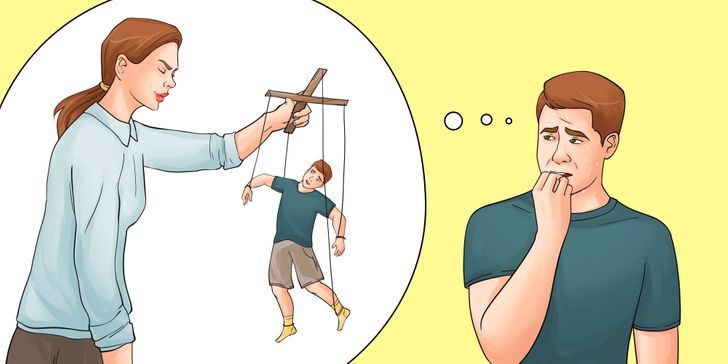
It happens rather often that toxic families use manipulation to control other family members. On a daily basis, this behavior is not normal and turns into emotional abuse. This can make you feel like you trust the other people around you less and prevent you from having relationships. Feeling constantly manipulated by your family can also result in avoidance behavior.

Kids raised in a toxic environment might constantly feel like they are always not good enough or even worthless. Their parents might have always made excessive demands on them and blamed them if they didn’t meet their expectations. Basically, they have developed low self-esteem and have a lack of self-care. That’s why the smallest mistake or failure can freak them out and lead to a tantrum.

Verbally or physically abusive parents neglect their children’s emotions. In addition, if children try to express their emotions, it can lead to more mistreatment from the family. As a result, kids get used to hiding their pain, resentment, and anger. Further down the road in their lives, they might start prioritizing others’ emotions above their own.
Suppressing emotions also takes its toll on the self-identification of a person. They find it hard to understand who they are, how they feel, and what they want in their life. So, they fail to develop themselves in the spheres of life that are important to them because, mentally, they are always held back by uncertainty and a previous lack of closeness.
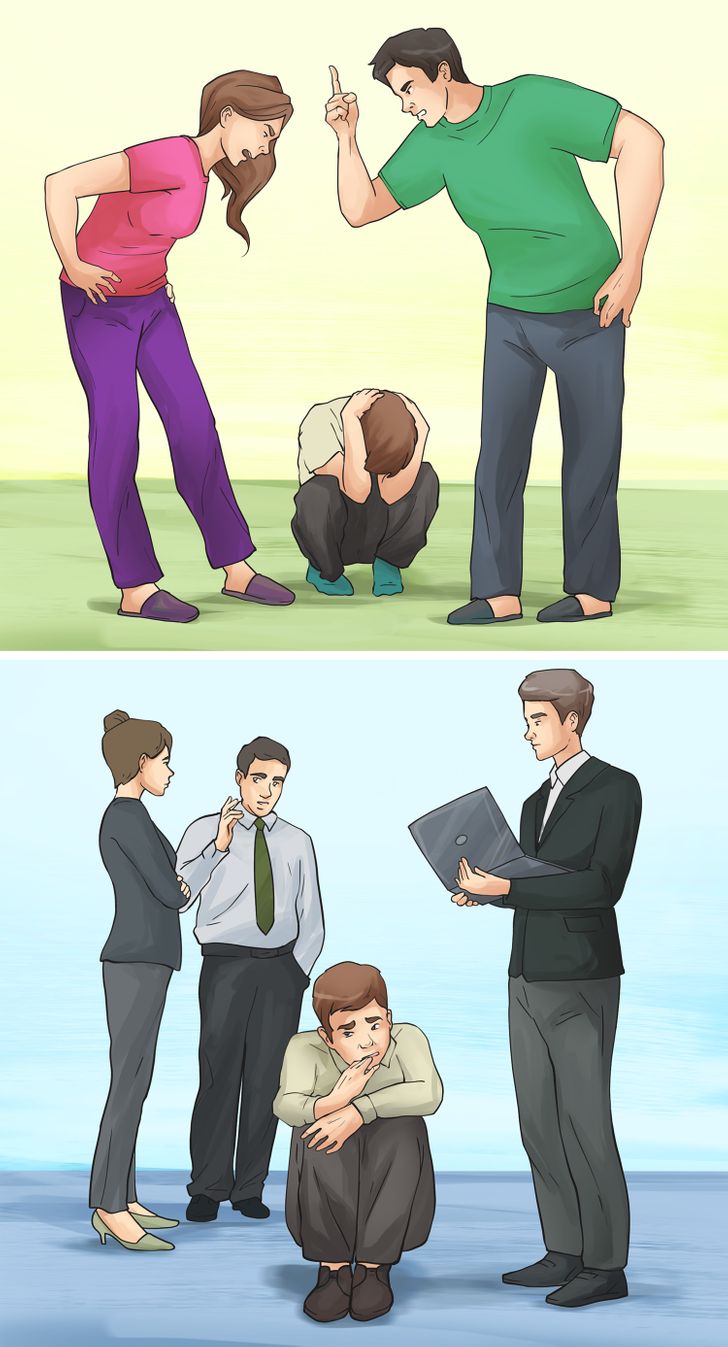
Children who come from toxic families often get diagnosed with anxiety disorders. This happens because of family instability, mental and physical mistreatment, and a lack of security. Children with anxiety experience difficulties with concentrating, and may experience feeling irritable, restless, worried, and tense.
In childhood, we often witness family conflicts. Parents settle differences or even discuss the cause of the conflict in detail with the child. Phrases like «Can you imagine what your father did?» are heard repeatedly. Typically, parents do not seek to listen to the child’s opinion, as it seems irrelevant to them.
As a result, an authoritarian parenting style negatively impacts the child’s self-esteem. From a young age, they learn to empathize and take on the problems of others, forgetting about their own interests and, consequently, having low self-esteem. Why bother parents with your problems when they already have enough on their plate?
Unfortunately, a toxic environment can exist for a child not only at home but also at school. People have shared stories about teachers who are long overdue for dismissal.

